 Photo Credit: Lolesports Flickr
Photo Credit: Lolesports Flickr
I’m just a Nub, but I think this season brings a lot more weight than is being talked about in the community. The 2016 spring split in North America will see four new teams that have not participated in LCS before. Of these teams, three were purchased by owners willing to spend a lot of money to get them. Rumor has it that the going rate for LCS spots this offseason was around one million dollars. Any person willing to put up that much money up front on a growing industry is expecting a return on their investment pretty quickly. The growing demand for LCS teams is good news for Riot and could be a huge boost to the e-sport they have created, but if things don’t pan out for these investors they may do irreversible damage to the growth of LCS.
 Photo Credit: Immortals Roster Announcement Video
Photo Credit: Immortals Roster Announcement Video
The season of selling LCS spots in North America started on October 7th, 2015 with the announcement of Team 8 selling themselves to Immortals, the first venture capital funded League of Legends organization. The current co-owner of the Memphis Grizzlies NBA team, Steve Kaplan, and Machine Shop Ventures, the business name of the band Linkin Park, were just two of the bigger names on the investor list. The news of the sale was huge in the League of Legends scene as it proved there was growing interest from investors outside e-sports, but the hype train didn’t stop there.
 Photo Credit: Daily Dot’s Jacob Wolf
Photo Credit: Daily Dot’s Jacob Wolf
The next big sale in North America was announced on November 16 when the Sacramento Kings co-owners bought Team Coast and rebranded to NRG Esports. This confirmed a rumor that had been floating around a few weeks prior and brought a lot of hype with it. Not only were venture capitalists interested in LCS spots, current owners of professional sports teams were already stepping up to the plate.
 Photo Credit: esportsedition.com
Photo Credit: esportsedition.com
By the time Rick Fox, a retired NBA player and self proclaimed LCS fan, purchased Gravity and rebranded to Echo Fox there weren’t many surprised people in the community. All signs pointed towards LCS teams becoming a hot commodity with investors lining up to get a chance to throw their hat into the ring, however, teams soon realized that the market had peaked.
Team Impulse announced in October that it was placing its team on the market, but in the months that followed there was no further news. There were rumors statingImpulse had received a few offers, but in the end Impulse was unable to find a good buyer and decided not to sell the team. This late decision forced them to scramble for players as four of their previous team members had left to join other organizations.
The worrying trend continued in the EU LCS where the owner of Elements was unable to finalize a deal before Riot’s selling deadline and was forced to find five new players to compete in the EU LCS Spring Split. After all the hype, the League of Legends e-sports community was forced to face the stark reality; investors were interested in LCS spots, but many were still hesitating to see how it worked out for those who were already invested. They want to see results before spending the kind of money it takes to run a professional e-sports team. After all, the relegation style of the league places an enormous amount of risk on investors with the possibility of losing everything and having to start over.
It is because of this the fate of the LCS hangs in the balance during the 2016 season. Teams like Immortals have spent an enormous amount of money to obtain an LCS spot and sign two players off of the world-renowned Fnatic roster of 2015. If they don’t see a return on their investment in the near future they won’t stick around for long. Investors will always looking for good new investments that will grow quickly and e-sports may be the hottest thing going, but the LCS may have reached the point in price where it isn’t worth it for investors if they can’t see the profits within a few splits.
To make matters even more unstable, other investors will be keeping a close eye on these new teams to see if the risk is worth taking. One of these possible investors is the entrepreneur, Shark Tank star, and Dallas Mavericks owner Mark Cuban. Cuban has already shown interest in e-sports by investing in the startup Unikrn, an e-sports betting site, and participating in a charity show match ARAM at IEM San Jose. While he was at the event he did not rule out the possibility of buying an LCS team in the future.
 Photo Credit: ESL
Photo Credit: ESL
Cuban is well known for being an entrepreneurial sponsor and his participation in the show Shark Tank has given the world a little peak inside his brilliant business mind. If LCS was able to land an investor of that caliber it would introduce sponsors from all walks of life to League of Legends and legitimize it as a worthwhile investment.
If all goes well for the three North American teams and their counterparts in Europe and the Challenger series, the League of Legends pro scene will continue to grow at a rapid pace solidifying itself as the premier e-sport. However, if investors are not able to see the profits they are expecting and begin to drop out there may not be another chance for League of Legends to show the world how lucrative professional e-sports can be if done right. Right now no one can know what will happen, but what is known is that the 2016 season of the League Championship Series will make or break how investors treat League of Legends.


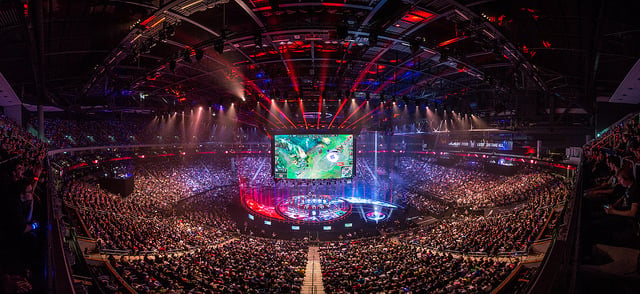
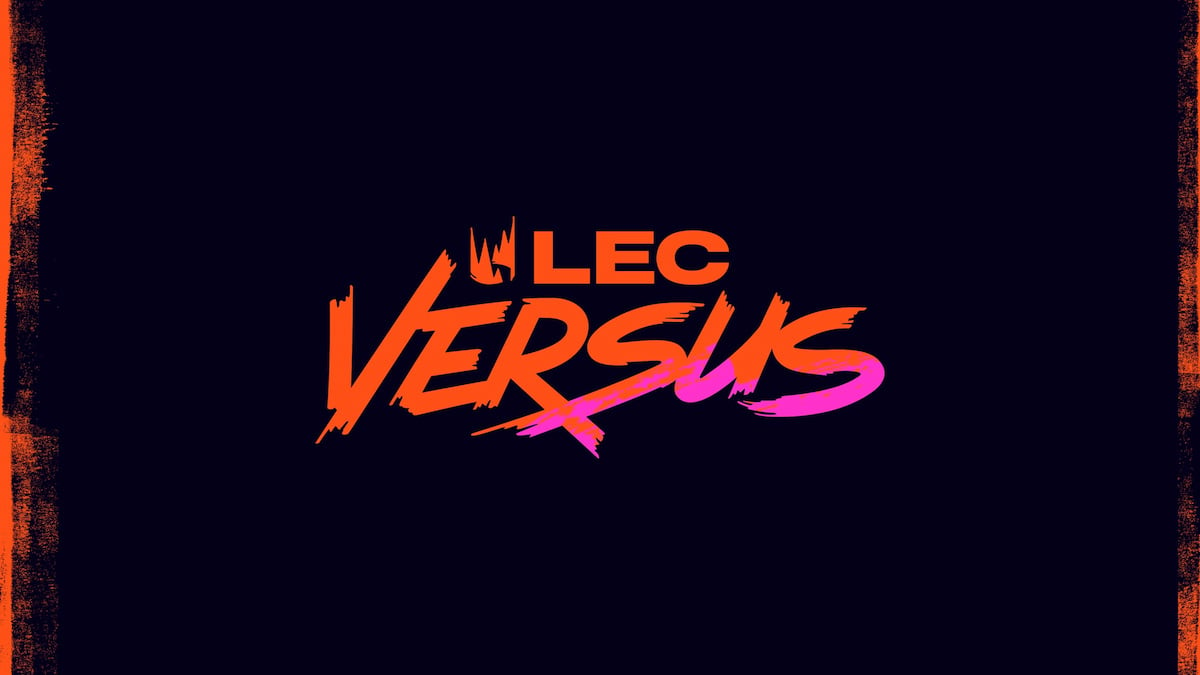
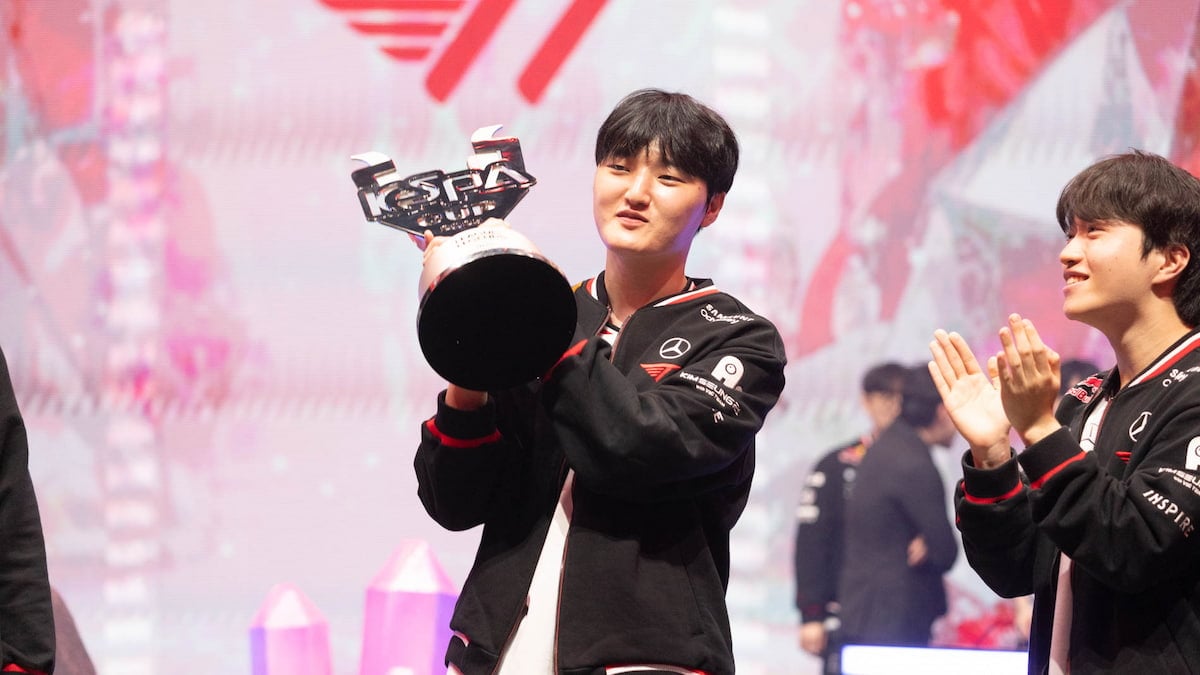
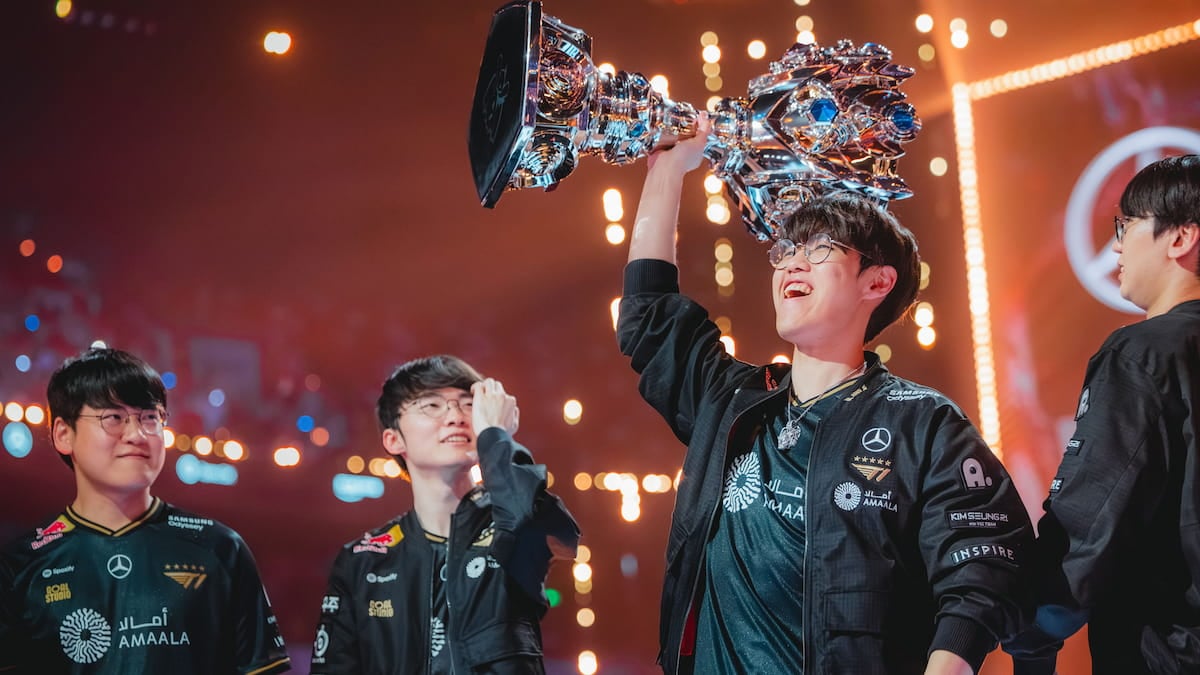
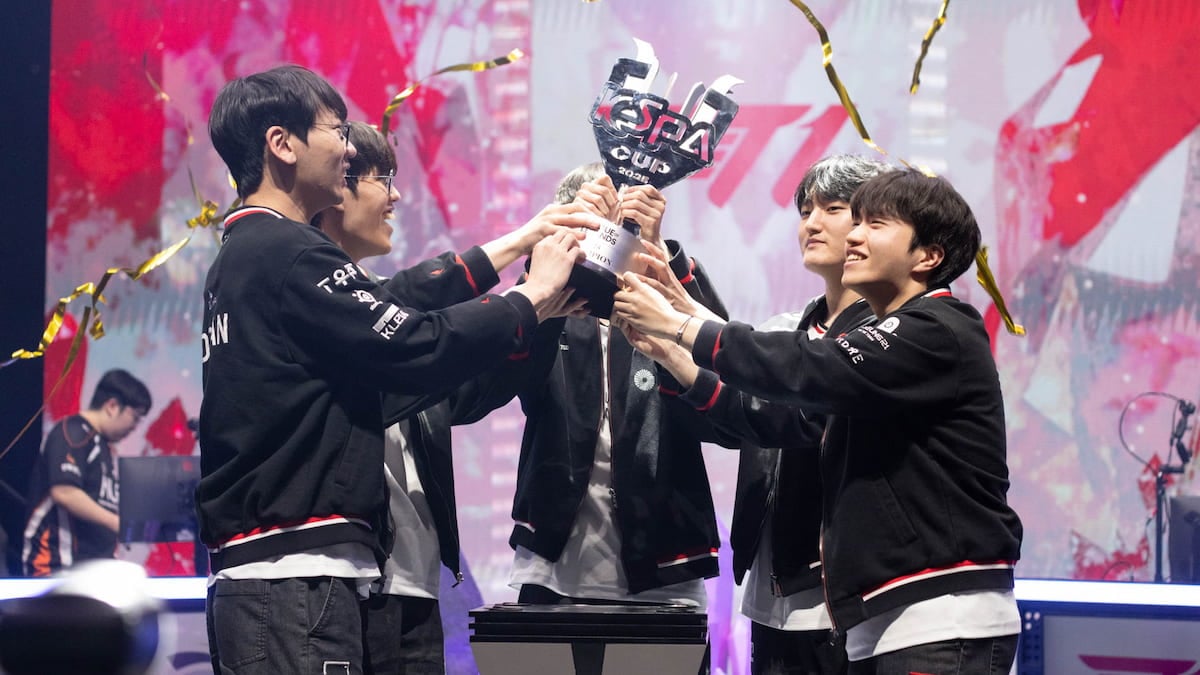
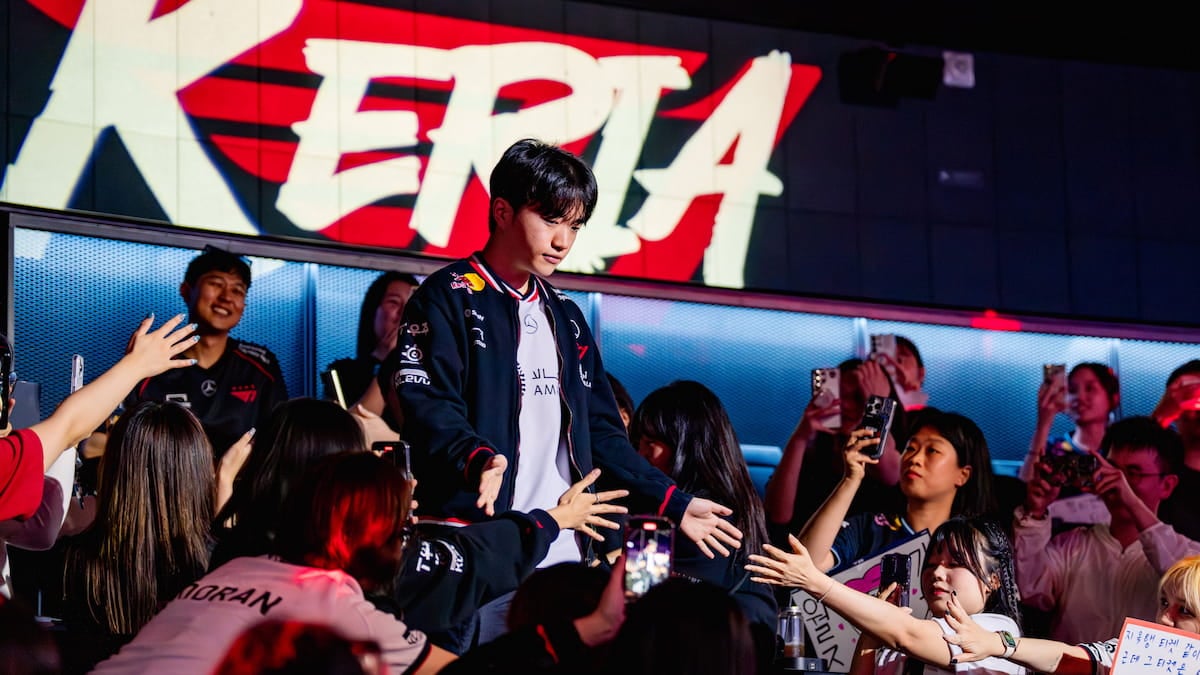
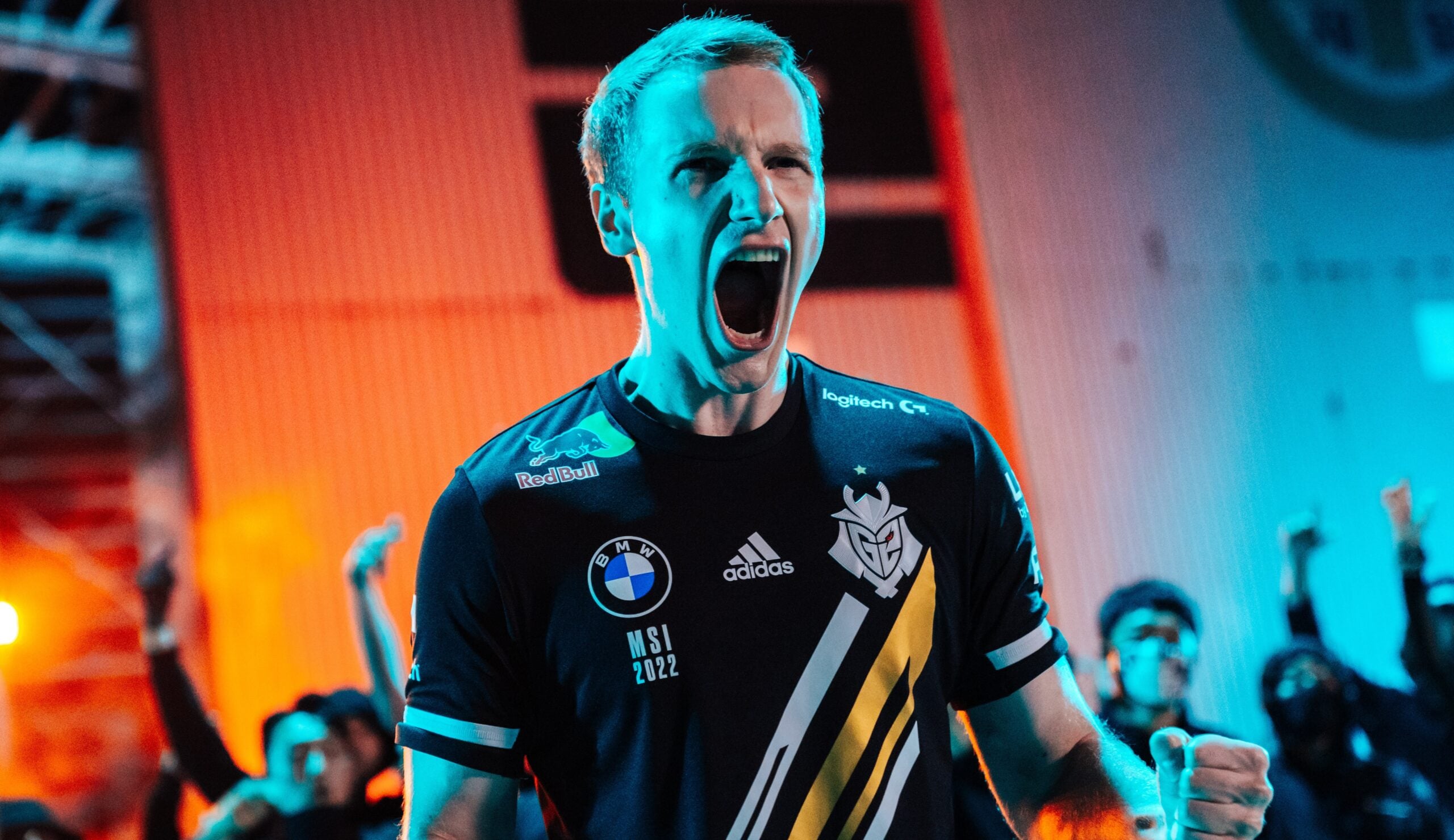
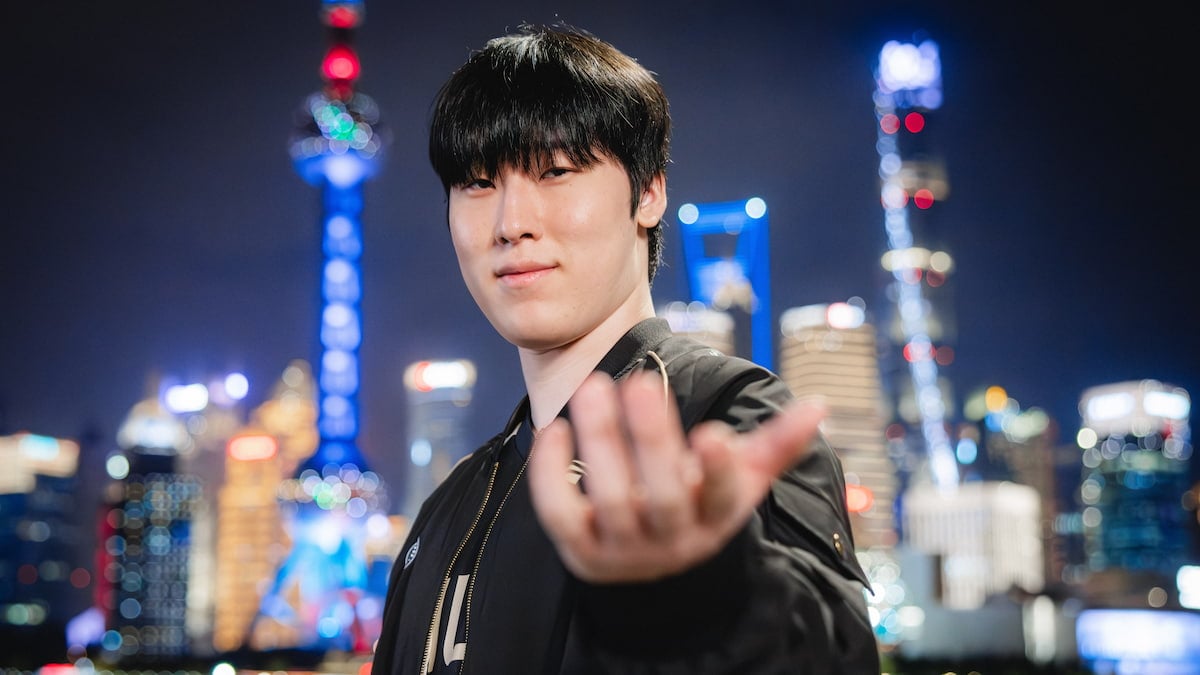
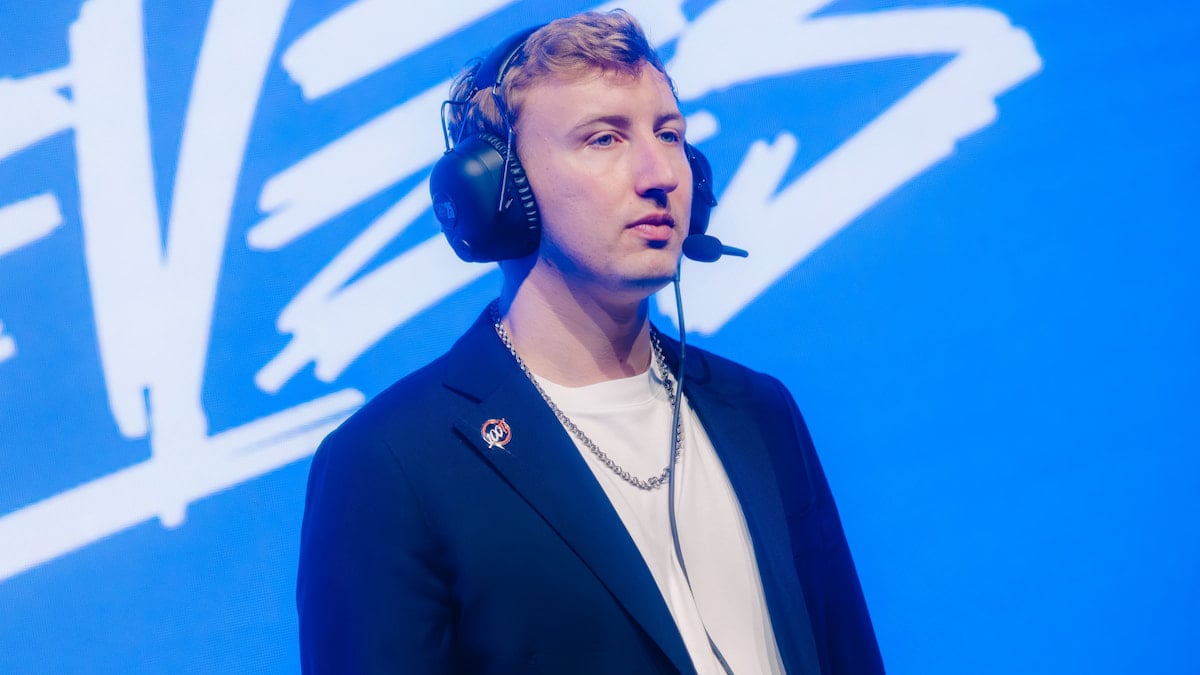
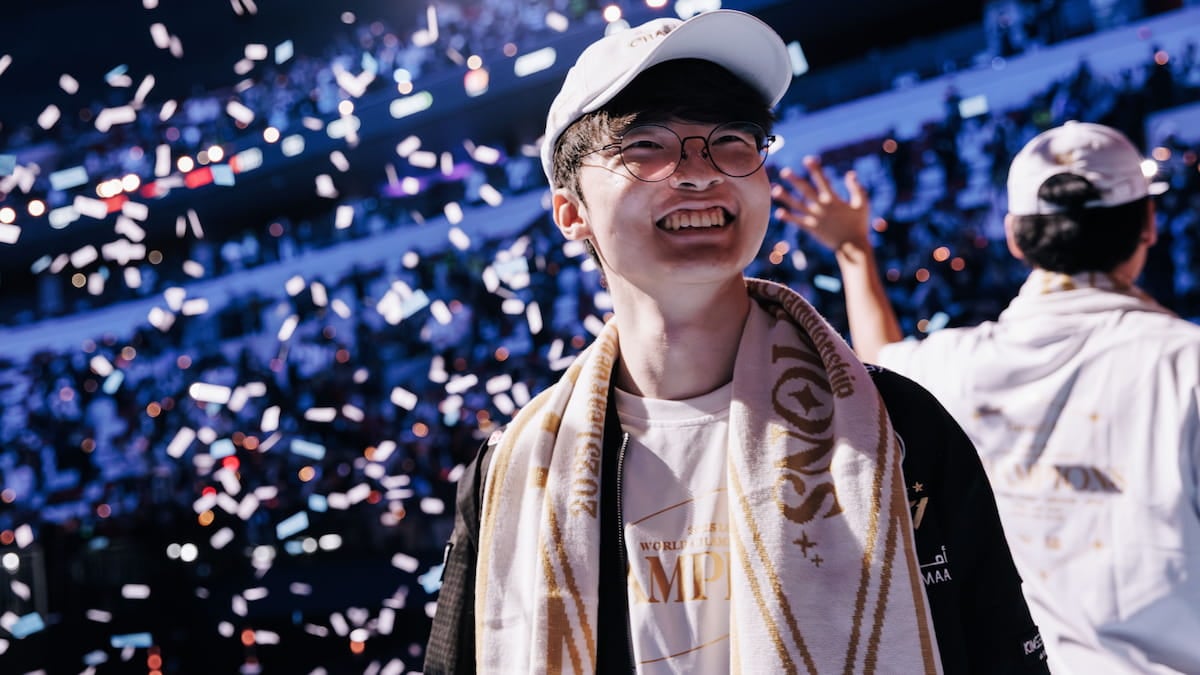
Published: Jan 11, 2016 03:12 pm